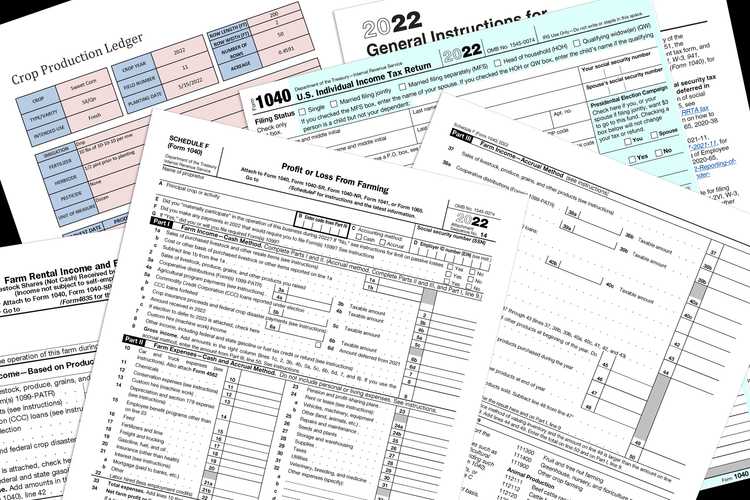Personal Finance
Advertiser Disclosure

Credit Cards Offering Tax Service Saving Rewards 2024
Maximize your savings during tax season. Learn how using credit cards can offer discounts on tax services, earn rewards, and provide other benefits.

How to Make Roth IRA Withdrawals Tax- and Penalty-Free
Roth IRAs offer the possibility for tax and penalty-free withdrawals, but the rules are complex. It’s important to understand these rules to be sure you are getting the most out of your Roth IRA.

Tax Planning: What It Is, How It Works, and Best Strategies
Want to cut your tax bill and save more money for your financial goals? Tax planning can help. This article outlines how it works.

Educational Tax Credits and Deductions You Can Claim for Year 2025
If you’re a student or have paid for a student’s education, you may be eligible for education tax benefits in the form of credits and deductions. Here is a guide.

Standard Deduction vs. Itemized Deductions: Which Is Better?
What’s the difference between the standard deduction and itemized deductions? Which one is better? Here’s a guide to help you decide which one is right for you.

Everything You Need to Know About Tax-Efficient Investing
Tax-efficient investing can help keep more money in your pocket. Here are the accounts, investments, and strategies you should look at.

What Is the Standard Tax Deduction?
Taking the standard deduction is easy when you’re filing your taxes, but is it the right option for your situation? Take a look at how much it is for 2024 and 2025.

Tax Brackets and Federal Income Tax Rates for 2023 and 2024
Tax brackets and rates, published annually by the IRS, are the basis for all federal income taxes paid in the U.S. Taxpayers use these charts to determine their yearly income-tax liability as adjusted for inflation.

10 Tips to Cut Your Tax Bill
There are certain things you can do—at tax time and throughout the year—to maximize your tax benefits and minimize your taxes due. Here are our 10 top tips.

How to Maximize Your Tax Savings From Tax-Deductible Donations
You can achieve significant tax savings—and support charities you care about—by strategizing how you itemize tax-deductible donations. Learn which gifts qualify and how to organize them.

7 Common Write-Offs You Can Deduct From Your Taxes
Taxpayers can reduce their tax bills significantly by claiming common tax write-offs. If they exceed your standard deduction, savings can be substantial.

What Is an IRS 1099 Form
Form 1099 reports income from sources other than employment. It’s filed differently than Form 1040 for wages, so you may need help in understanding all the requirements.

Best Tax-Preparation Software 2024
Are you wondering which tax software is right for you? We have reviewed and compared the top six. Here’s where each one excels.

What Is the Average Tax Refund?
Wondering if your tax refund is typical? What is a tax refund, anyway? Here is what you need to know about tax refunds and the average refund in 2023.

When Will I Receive My Tax Refund?
When you receive your tax refund depends on how and when you file your taxes, among other factors.

Tax Prep Checklist: Documents to Gather Before Filing
You can save significant time at tax time by preparing now. Here are the documents you should gather in advance of filing your taxes.

What Is the Rule of 55 And How Does It Work?
You may have wondered whether it’s possible to withdraw money from your 401(k) without a penalty before age 59 1/2. You can if the rule of 55 applies to you. Here’s how.

Itemized Deductions: Definition, Examples & When It’s The Right Option
What are itemized deductions? When should you itemize your deductions? Make an informed decision with this guide.

Are Home Equity Loans Tax Deductible?
Wondering if you can deduct home equity loan interest payments on your taxes? Learn more about how this deduction works and who is eligible

Is PMI Tax Deductible?
Your private mortgage insurance (PMI) used to be tax deductible if you met certain conditions. While you can’t take a deduction now, you might qualify to file an amended return for past years.
1.3936.0+2.11.42
